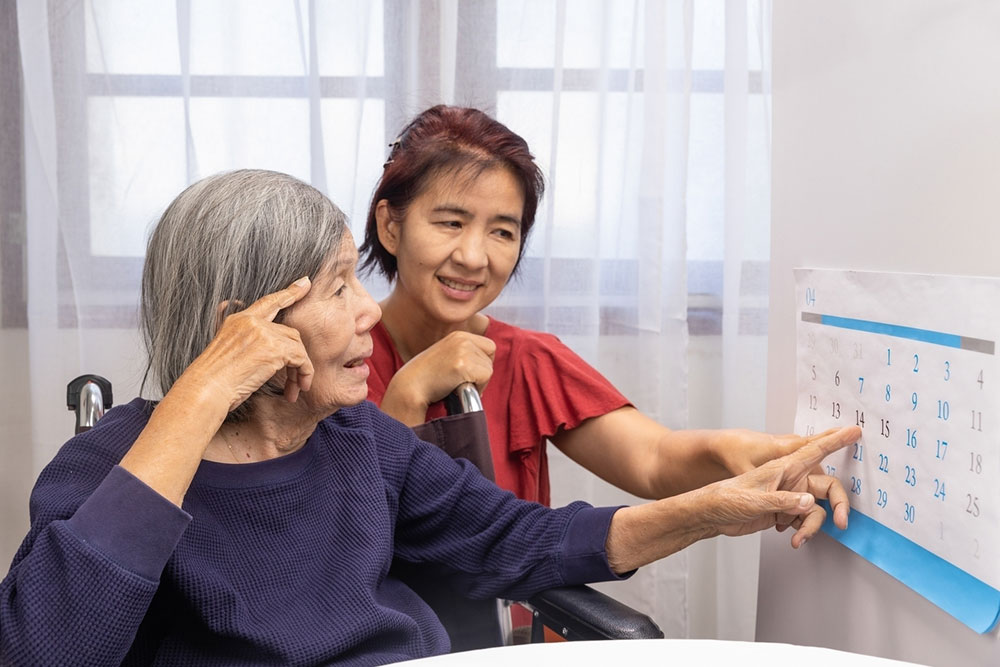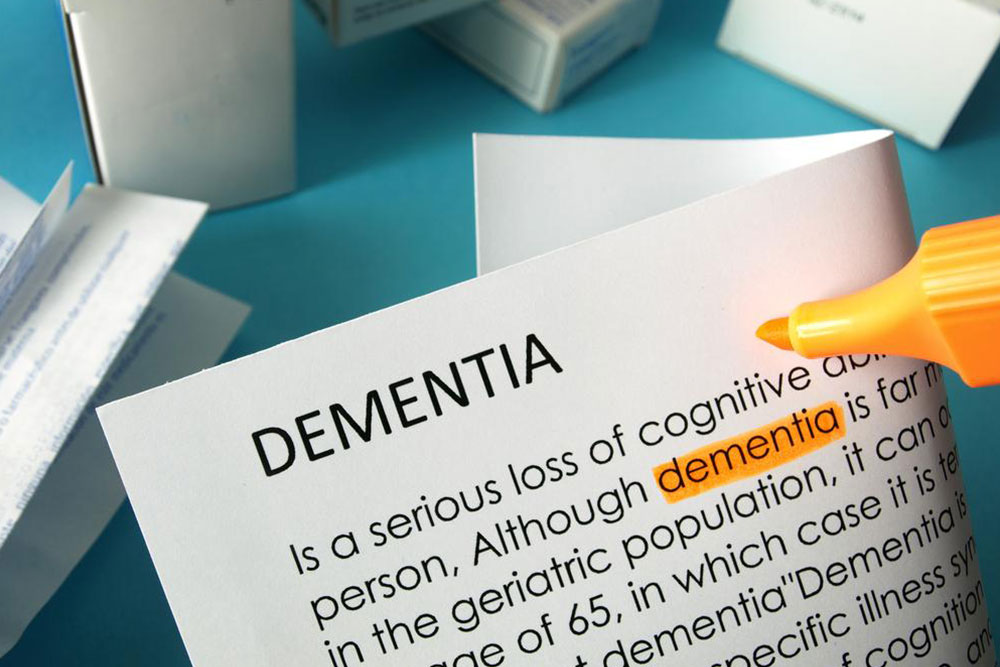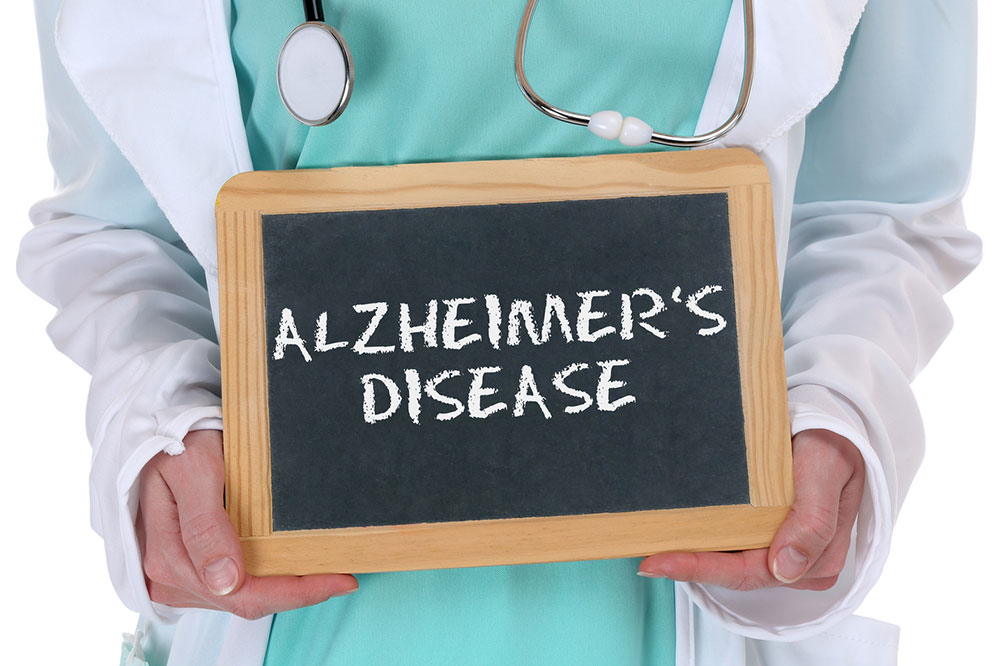Key Things to Know About the 7 Stages of Dementia
The onset of dementia is slow and irreversible. This health condition progressively reduces a person’s ability to remember, think, and reason and severely affects their daily functioning. Over the years, research has identified distinct stages of dementia, which help healthcare experts and caregivers understand its progression. A dementia chart, widely known as the Global Deterioration Scale (GDS), is an evaluation tool used by health experts that outlines the seven stages of the condition.
Stage 1:

In this first stage of dementia, there will not be any noticeable changes in an individual’s behavior or cognitive function. Generally, individuals at this stage show perfectly normal outward behavior. Since there is no impact on quality of life, most people choose not to seek healthcare intervention.
People with stage 1 dementia may not experience issues with memory loss, unusual behaviors, or poor cognitive functions. Undergoing regular and multiple dementia screening procedures will likely help diagnose the condition in this early stage. Opting for preventive measures and planning early on gives individuals a headstart when it comes to dementia management and improving the quality of life for themselves or their loved ones.
Stage 2: Very mild cognitive decline
The symptoms slowly start showing during this phase. Initially, people start experiencing occasional lapses of memory. Examples of these subtle lapses are—forgetting where familiar objects used daily are kept or forgetting the names of people and places once frequented. Apart from memory lapses, there are not many apparent symptoms. Many people dismiss the memory lapses as ‘normal’ forgetfulness associated with aging. This means that a person’s professional or social interactions remain largely unaffected.
During this phase of dementia, the symptoms are often hard to detect in clinical consultations or memory tests conducted by healthcare professionals due to their mild nature.
Stage 3: Mild cognitive decline
An affected person’s friends, family, and co-workers start noticing the evident warning signs of dementia at this stage. One may struggle further with memory and concentration in this 3rd stage. Healthcare professionals often conduct interviews with their clients who are possibly affected by any kind of dementia. During such interviews, people living with stage 3 dementia show certain noticeable signs of memory and concentration loss.
- Inability to come up with the right word or name
- Trouble remembering names when one is introduced to new people
- Difficulty performing tasks in professional or social settings
- Frequently losing or misplacing valuable objects
- Finding tasks like planning or organizing troublesome and challenging
- Forgetting something they have just read (or an incident they may have just seen).
- Repetitive questioning
Stage 4: Moderate cognitive decline
This phase is also frequently referred to as mild dementia. People in stage 4 of dementia experience a significant decline in their cognitive function. This is the stage at which people start forgetting details related to their personal history and may find it incredibly hard to recollect incidents that may have happened fairly recently.
Besides the impact on memory, people in this stage of dementia may find it difficult to perform complex tasks such as managing personal finances and paying bills. Additionally, they may show severe behavioral changes, such as acting withdrawn, moodiness, and anxiety. Also, the concentration problems worsen in this phase.
Stage 5: Moderately severe cognitive decline
The last three stages of dementia make daily functioning severely difficult for people living with the condition. Identifying the symptoms in these phases and creating customized care programs becomes important. This condition is prevalent in people over 60. One must watch out for certain symptoms at this stage.
- Severe disorientation in terms of time and place is a warning sign. People with stage 5 dementia are likely to experience confusion about the season, day of the week, date, or time.
- One will face extreme difficulty in making choices and decisions.
- A particularly telling symptom is the inability of a person to count backward from 20 by 2s or from 40 by 4s (especially if they are educated and were able to do that calculation in the past).
During this phase, people may still remember their name and their spouse’s and children’s names, but they are unlikely to remember their grandchildren’s names. People suffering from this stage of dementia may not need assistance with eating or wearing clothes, but they will need assistance with choosing what to eat or wear.
Stage 6: Severe cognitive decline
People with this stage of dementia need a high degree of care. In this phase, a patient’s cognitive functionality, decision-making ability, thinking ability, and other similar capabilities will be severely affected. Additionally, they show comprehensive personality changes. In this stage, people often lose awareness of their surroundings completely and forget recent events and actions. During this phase, a person may show signs of severe agitation and anxiety, along with symptoms such as repeatedly carrying out cleaning activities. In this stage, people may require significant assistance with daily activities.
Stage 7: Very severe cognitive decline
People eventually lose their ability to even respond to anything happening in their immediate environment. They completely lose the ability to carry on a conversation, and eventually, their movement becomes severely impaired. People in this stage of dementia are totally dependent on caretakers, even for tasks like eating or using the toilet. In this phase of dementia, people lose their ability to smile or hold their heads up independently.
Dementia chart
Besides knowing the seven stages of dementia, taking prompt action is necessary to slow down its progression. A dementia chart is a useful tool that helps healthcare professionals by providing guidelines and tips to determine how quickly the condition is progressing in a client.




